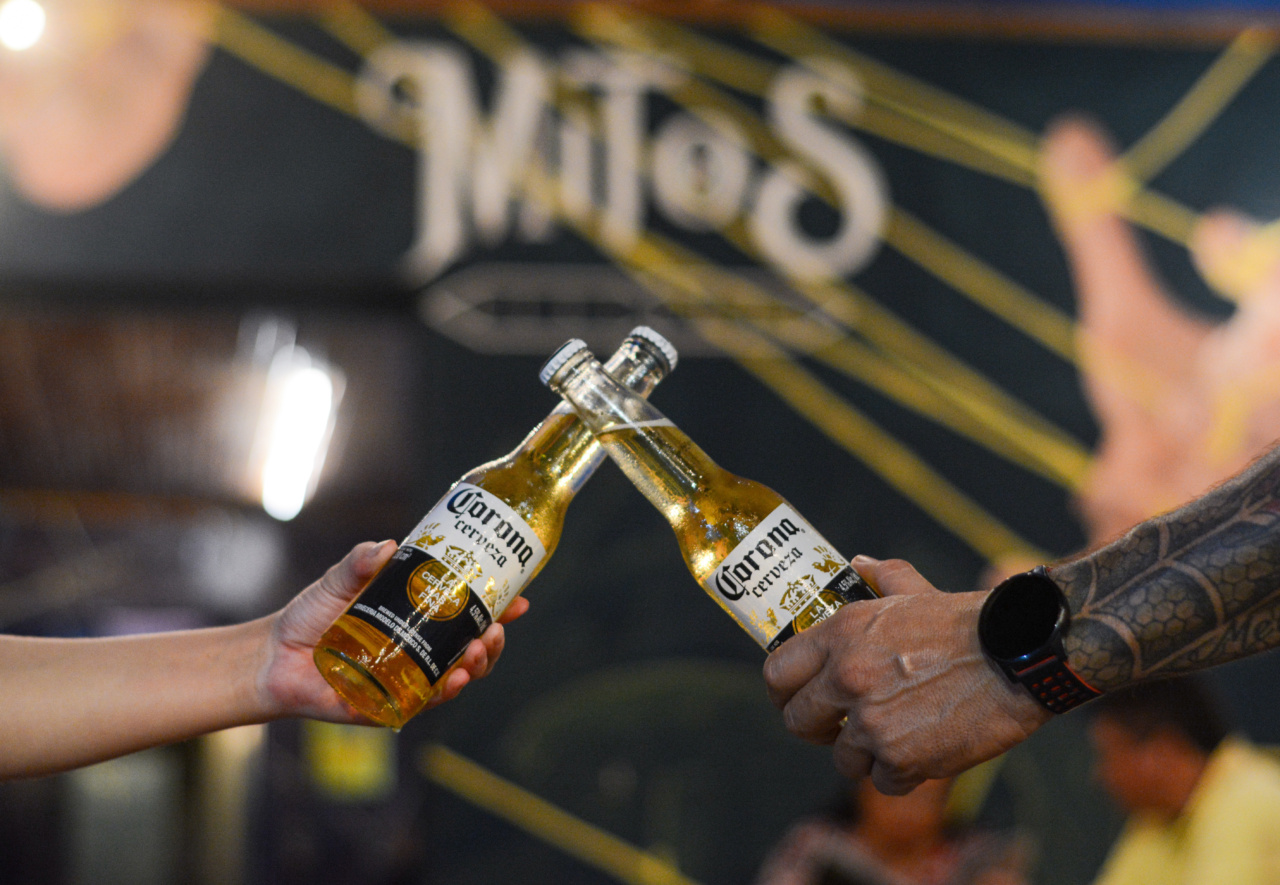When it comes to maintaining a healthy diet, it’s important to consider the impact of alcohol consumption. While moderate alcohol intake can be part of a balanced lifestyle, certain alcoholic beverages are more diet-friendly than others.
In this article, we will explore the drinks that you can choose when trying to stay mindful of your diet goals.
1. Wine
Wine, particularly red wine, can be a good choice for those watching their diet. Red wine is often touted for its potential health benefits due to its high concentration of antioxidants.
It is also relatively low in calories compared to other alcoholic beverages. A standard glass of red wine contains around 125 calories. Remember to consume wine in moderation to reap its potential benefits.
2. Light Beer
If you enjoy beer but want to avoid excessive calorie intake, opting for light beer can be a smart choice. Light beers are lower in alcohol content and calories compared to regular beers.
They can help you save on calories while still enjoying the refreshing taste of beer. However, moderation is key, as excessive consumption can still lead to weight gain and other health issues.
3. Spirits with Low-calorie Mixers
Spirits like vodka, gin, and tequila, when consumed on their own, are relatively low in calories. However, the mixers you choose can greatly impact the overall calorie content of your drink.
To keep your drink as diet-friendly as possible, opt for low-calorie mixers like soda water, diet soda, or fresh juice. Be mindful of pre-made mixers that may contain added sugars or artificial sweeteners, as they can contribute to calorie intake.
4. Light Cocktails
Cocktails are known for their variety of flavors but can often be laden with high sugar content. To make your cocktails more diet-friendly, opt for light versions or modify recipes to reduce added sugars.
Utilize fresh ingredients like herbs, fruits, and spices to add flavor without unnecessary calories. Experimenting with lower-calorie alternatives can help you enjoy cocktails while staying mindful of your diet goals.
5. Sparkling Water with Muddled Fruits
For those seeking an alcohol-free alternative, sparkling water with muddled fruits can be a refreshing and flavorful option.
Muddling fresh fruits like berries, citrus slices, or herbs in sparkling water can provide a satisfying drink without the added calories of alcohol or sugary mixers. This mocktail variation can still offer a sense of festivity and help you stay hydrated at the same time.
6. Moderation: The Key to Success
Regardless of the alcoholic beverages you choose, it is essential to consume them in moderation. Excessive alcohol intake can lead to numerous health problems, including weight gain, liver damage, and increased risk of chronic diseases.
Always be mindful of your limits and prioritize your overall health and well-being.
7. Alternating with Non-alcoholic Drinks
To further support a healthy diet, consider alternating alcoholic beverages with non-alcoholic options. Sipping on water, herbal tea, or even mocktails throughout the evening can help control your overall calorie intake and maintain hydration.
It also allows you to socialize without solely relying on alcohol.
8. Avoid Sugary Cocktails and Liqueurs
Many cocktails and liqueurs are high in added sugars, syrups, and creamy components. These drinks can quickly contribute to excess calorie consumption and potentially hinder your diet goals.
To maintain a balanced diet, it is best to avoid sugary cocktails and opt for lighter, less sugar-laden alternatives.
9. Be Mindful of Alcohol Content
Higher alcohol content usually means higher calorie content. Drinks with higher alcohol percentages can also increase the risk of overconsumption.
When selecting alcoholic beverages, be mindful of their alcohol content and choose options with moderate alcohol percentages to help manage your overall calorie intake.
10. Listen to Your Body
Lastly, it is important to listen to your body’s signals when consuming alcohol. Alcohol affects individuals differently, and you may have personal sensitivities or reactions.
Pay attention to how alcohol makes you feel, and if you notice any negative effects on your diet or overall well-being, it may be necessary to reduce or eliminate alcohol from your lifestyle.































